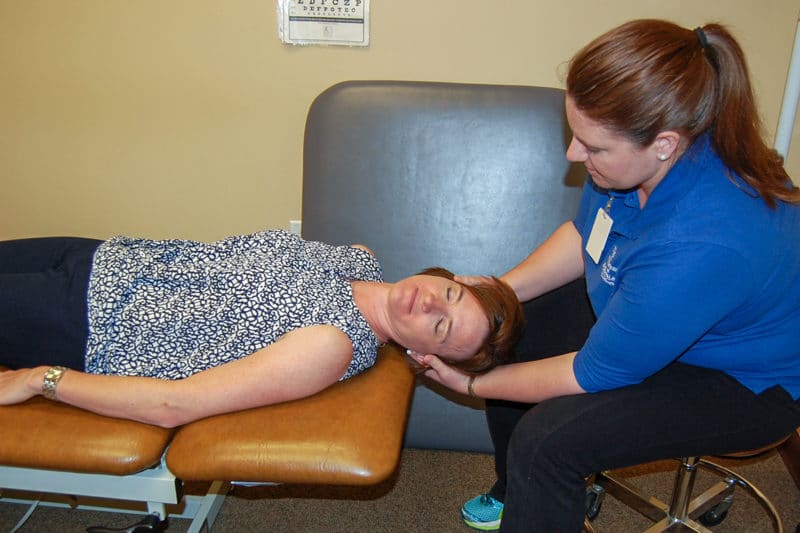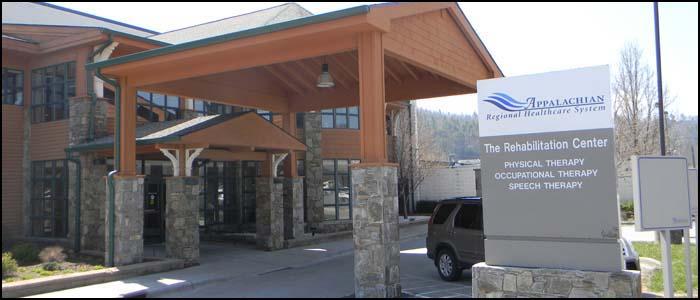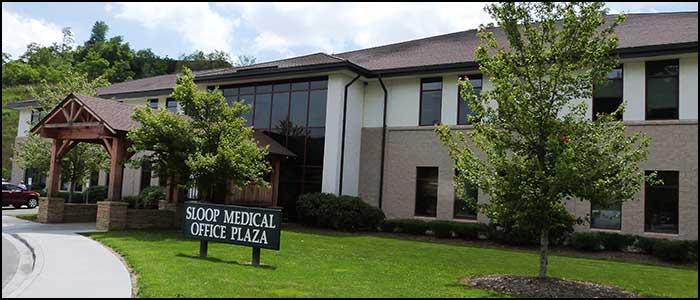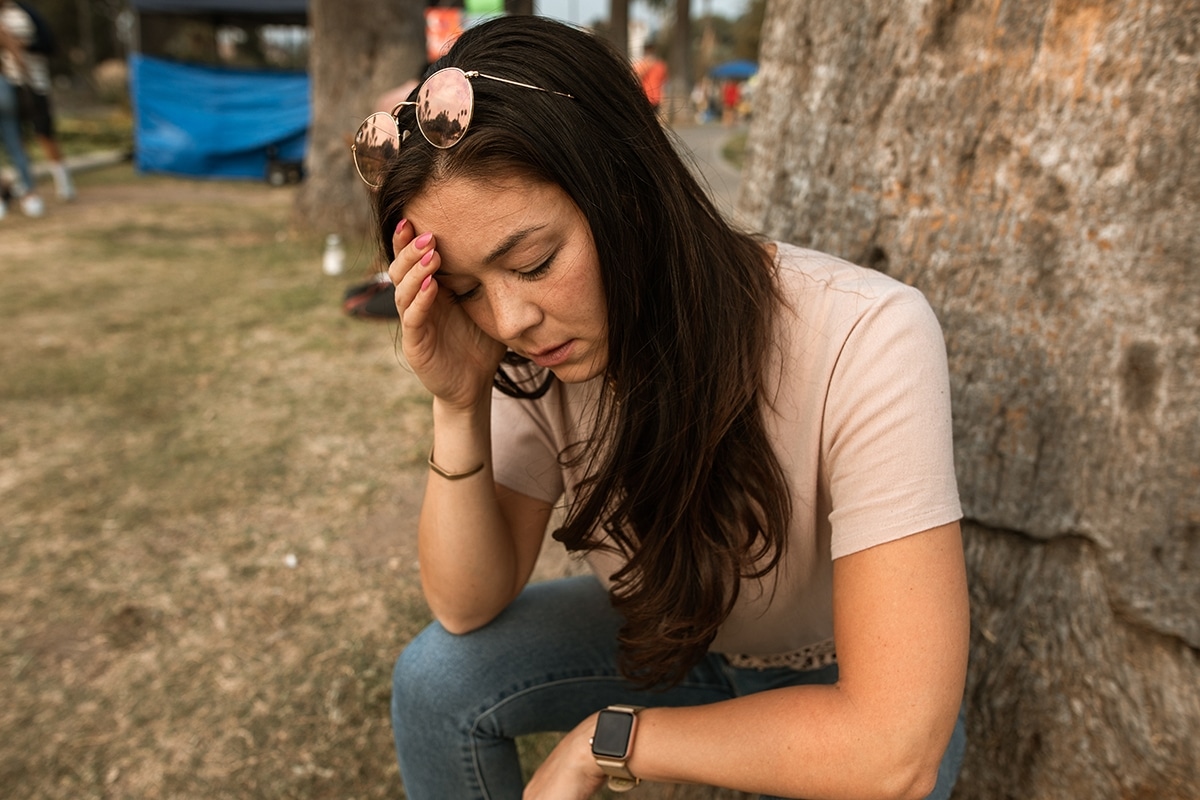Balance…we search for it in our everyday lives. Juggling work, family, and after-school activities can figuratively make your head spin. But if you feel that your head is literally spinning then you may want to sit down and take a few moments to look over the causes and treatments of balance disorders.
A balance disorder is a condition that makes you feel unsteady as if you are moving or spinning even though you are standing still or lying down.
Various studies indicate that “dizziness” is among the three most common complaints encountered in the primary care setting, sharing equal time with headaches and lower back pain. Over the age of 75, it is the number one reason for an office visit and hospital admission. As the population ages, the total number of complaints regarding balance disorders is likely to increase.
Different people will experience different symptoms
- Some people may experience frequent falls or loss of balance.
- Some people may report blurry vision, especially when looking for items at the supermarket. They may also be unable to read signs while driving.
- Some people may feel dizziness or vertigo when lying down, getting up, looking up/down, or bending over to retrieve objects from the floor.
- Some people may experience lightheadedness, faintness, or a floating sensation.
- Other people may experience confusion or disorientation.
The most common causes of a balance disorders
- Cardiac problems – individuals with cardiovascular disease who have difficulty with blood supply to the brain or to the lower extremities may experience balance issues.
- Impaired vision – especially at night when there is less light.
- Inner ear problems or damage to any of the vestibular system apparatus – will affect the way the vestibular system responds to the challenges of the environment you are in.
- Central nervous system diseases – balance disorders are common in diseases such as multiple sclerosis and Parkinson’s disease.
- Head injury – even a mild head trauma such as getting hit in the head with a ball while playing sports may cause you to experience episodes of dizziness or balance problems.
- Peripheral nerve injury – peripheral neuropathy as a result of diabetes or other type of nerve damage in the legs will negatively impact your balance.
- Muscular weakness – such as lower extremity weakness will increase your risk for falls.
- Medication – it is very important to check with your pharmacist regarding the side effects of or interaction of medications, since many medications may cause dizziness or lightheadedness.
As you can see, there are many potential causes of a balance disorder – including medical conditions and medications. That is why you should consult with your provider to rule out a more serious medical condition as the cause of your symptoms. If the cause is a medical condition or medication, your provider may treat the condition or suggest a different medication. Your provider may also suggest that you see an ENT doctor (physician who specializes in the ear, nose, and throat) or refer you to a physical therapist specializing in treating balance disorders.
If you are referred to a physical therapist here are a few things that you should expect. The physical therapist will perform an initial evaluation starting with an interview and then will ask you about events that may have caused the problem or when you first experienced the symptoms; ask you to describe the symptoms, when they occur, what alleviates or makes them worse, and so forth. Questions will be asked about your medical history to see if it may contribute to your balance problem. You will also be asked about medications you are taking which may contribute to some of the symptoms previously discussed.
How a physical therapist can help
 The physical therapist will perform:
The physical therapist will perform:
- Functional tests to assess your ability to perform functional tasks such as walking on uneven terrain, making turns and moving your head while walking, ascending/descending stairs, looking up and looking down, and bending over to retrieve objects.
- Positional tests to assess your ability to perform transitional movements such as sitting to lying down, lying down to sitting, rolling to right/left when lying down.
- Assessment of the systems of balance. The physical therapist will perform a systematic evaluation of the visual system, the somatosensory system, and the vestibular system.
- Assessment of other systems such as your coordination, strength, flexibility, and sensation – especially in the lower extremities.
Once the physical therapist completes the initial evaluation, he/she will discuss the findings with you. The physical therapist will talk about your rehabilitation potential; then, will inform you about the rehabilitation program and develop a customized plan of care.
The plan of care will vary according to your needs. The frequency of treatment may be once or a couple of times a week, depending on your particular condition. Some exercises are done at the clinic and some are done at home. The physical therapist works closely with you. Adhering to the treatment program is the key to getting better, improving your balance, and being able to do more.
If you are suffering with balance issues, contact The Rehabilitation Center to see how physical therapy could help you.

The Rehabilitation Center Boone
232 Boone Heights Drive, Suite B
Boone, NC 28607
Phone (828) 268-9043
Fax (828) 268-9045
Rehabilitation Center website

The Rehabilitation Center Linville
434 Hospital Drive
Linville, NC 28646
Phone (828) 737-7520
Fax (828) 737-7509
Rehabilitation Center website
Share this page

